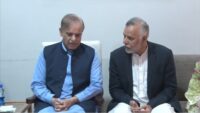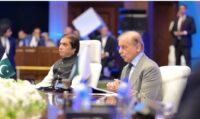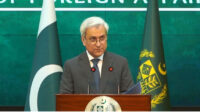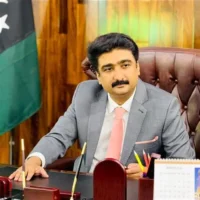ISLAMABAD, Dec 9 (APP):The 35th SAARC Charter Day to be observed on December 10 (Tuesday) in the country to renew commitment to the cherished goals of the organization besides further accelerating the pace of regional economic cooperation.
In order to commemorating the event , SAARC Chambers of Commerce and Industry (CCI) would organize an event. Advisor to Prime Minister on Commerce Abdul Razak Dawood would address the event.
While, Senior Vice President SAARC CCI Iftikhar Ali Malik will present welcome address and President Federation of Pakistan Chamber of Commerce and Industry (FPCCI) Engineer Daroo Khan Achakzai would also speak besides other prominent leaders and leading trade representatives from member states would also attend the event.
The leaders of SAARC nations, the high commissioners, ambassadors from the SAARC member countries, representatives of the SAARC bodies will also grace the occasion by reiterating the aims and goals of the SAARC Charter,” says a press release issued here today.
It may be recalled that on December 8, 1985 the first SAARC summit held in Dhaka, the leaders of the seven South Asian countries: Maldives, India, Bhutan, Pakistan, Nepal, Bangladesh and Sri Lanka signed a contract in order to establish the South Asian Association for Regional Cooperation (SAARC).
Every year, on this day, SAARC Charter Day is observed marking the signing of this Charter. Special commemorative events are held in each member state, reaffirming their strong commitment towards SAARC in supporting the uplift of the lives of millions in South Asia.
As an organization in one of the fastest growing economic regions of the world, SAARC embodies the desire of the people and governments of South Asia to work collectively to promote peace, stability, amity and progress in the region through strict adherence to the principles of sovereignty, equality and territorial integrity.
The South Asian region faces several negative issues like terrorism, pollution, poverty, unemployment, rapid unorganized urbanization, refugees, political instability, corruption and several communicable and non communicable disease outbreaks.
With 35 percent of the youth in this region, the region is the work force of the 21st century when the rest of the world has an ageing population. Hence, with a good cooperation among the member states, the region can become a strong economy and a better society in the near future.






